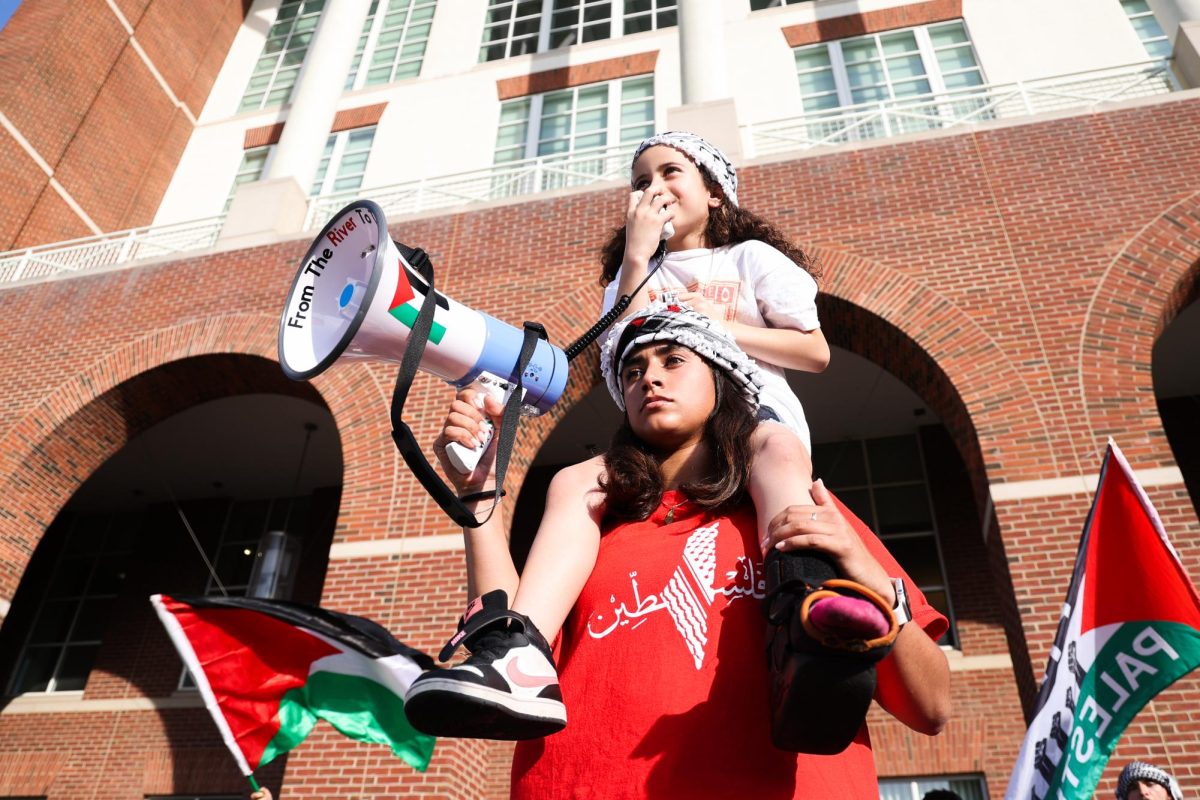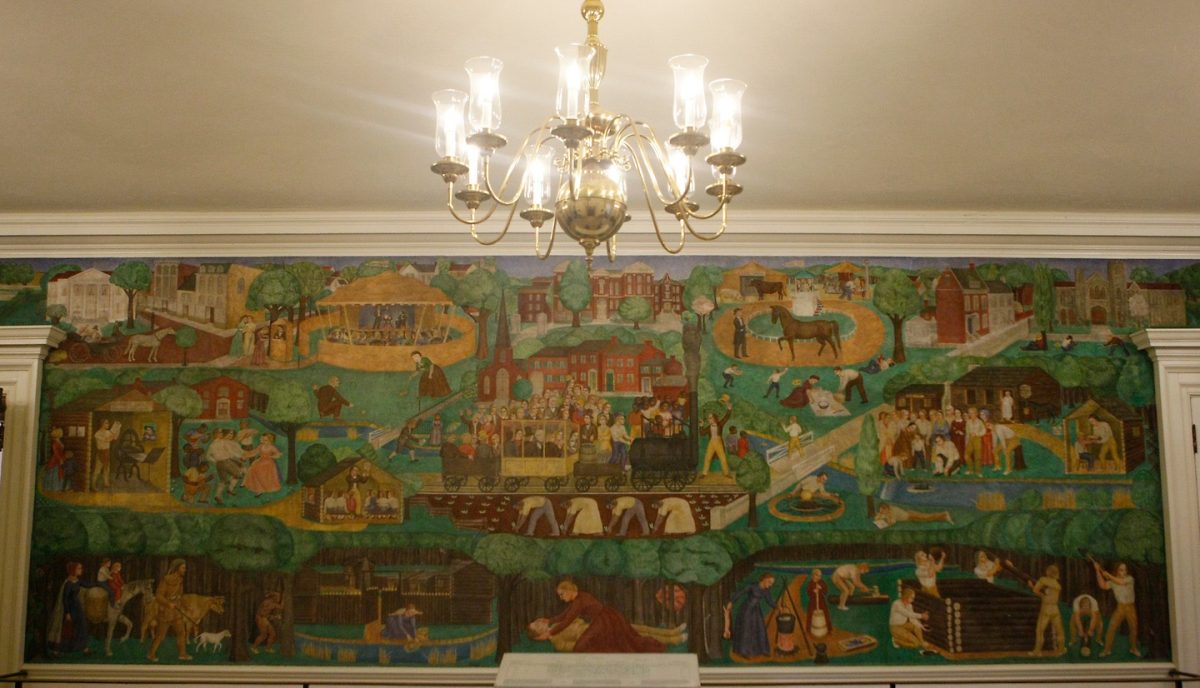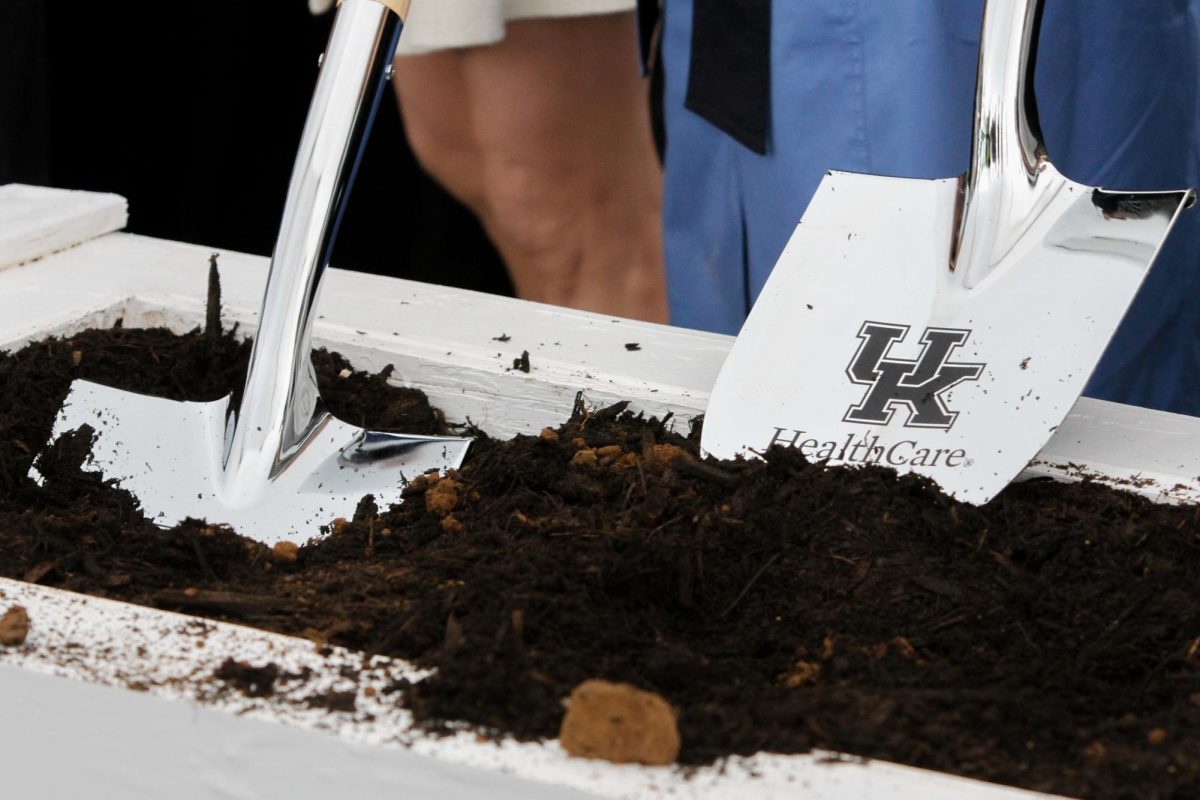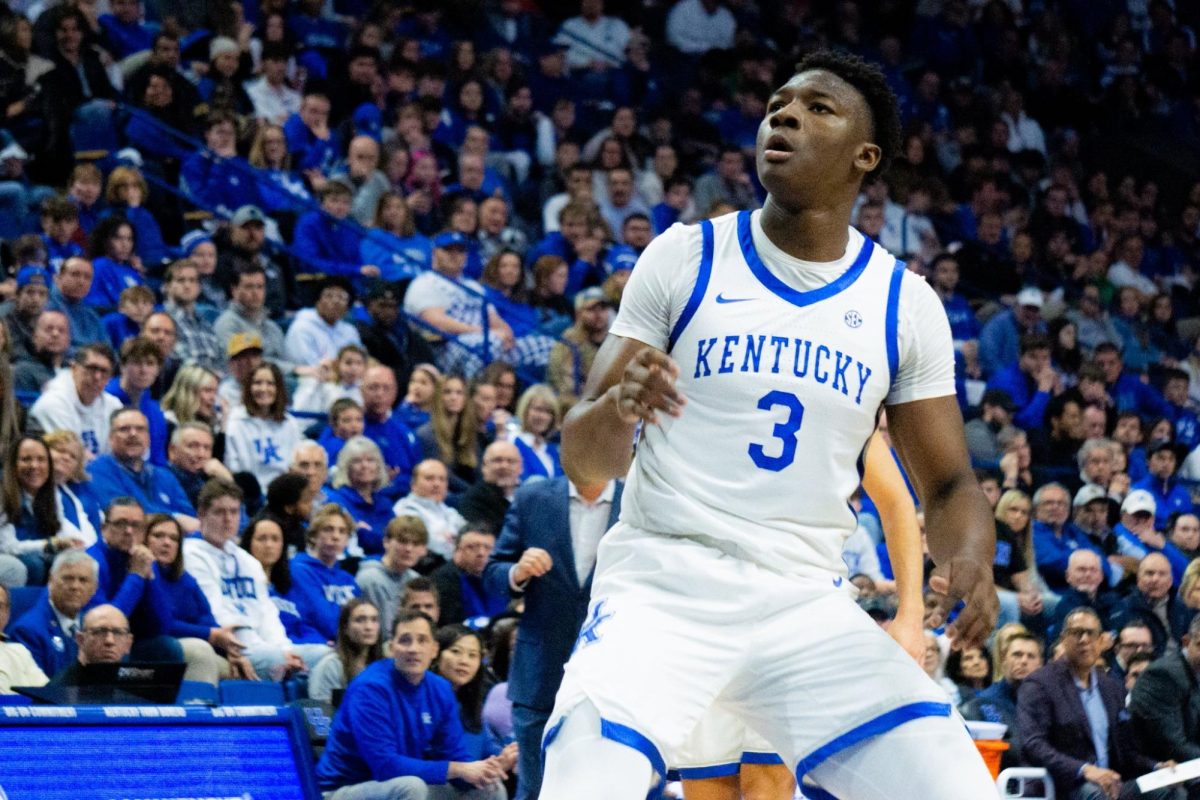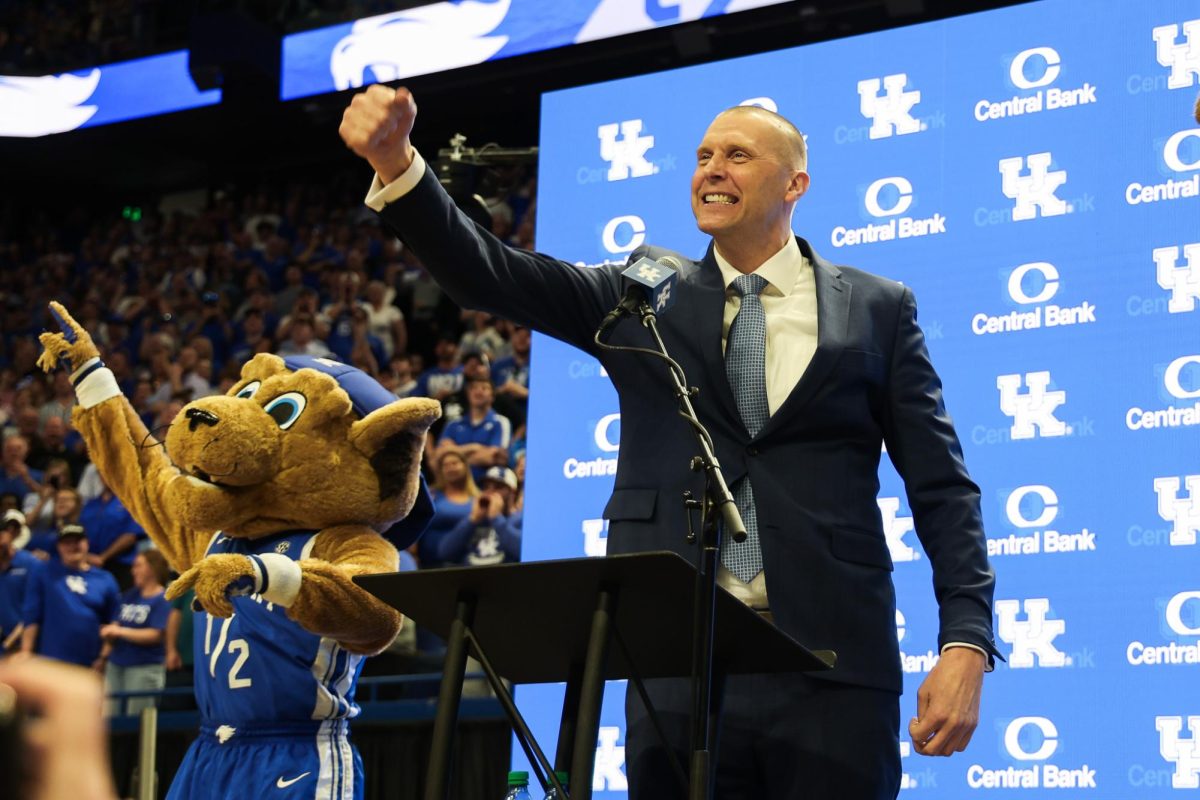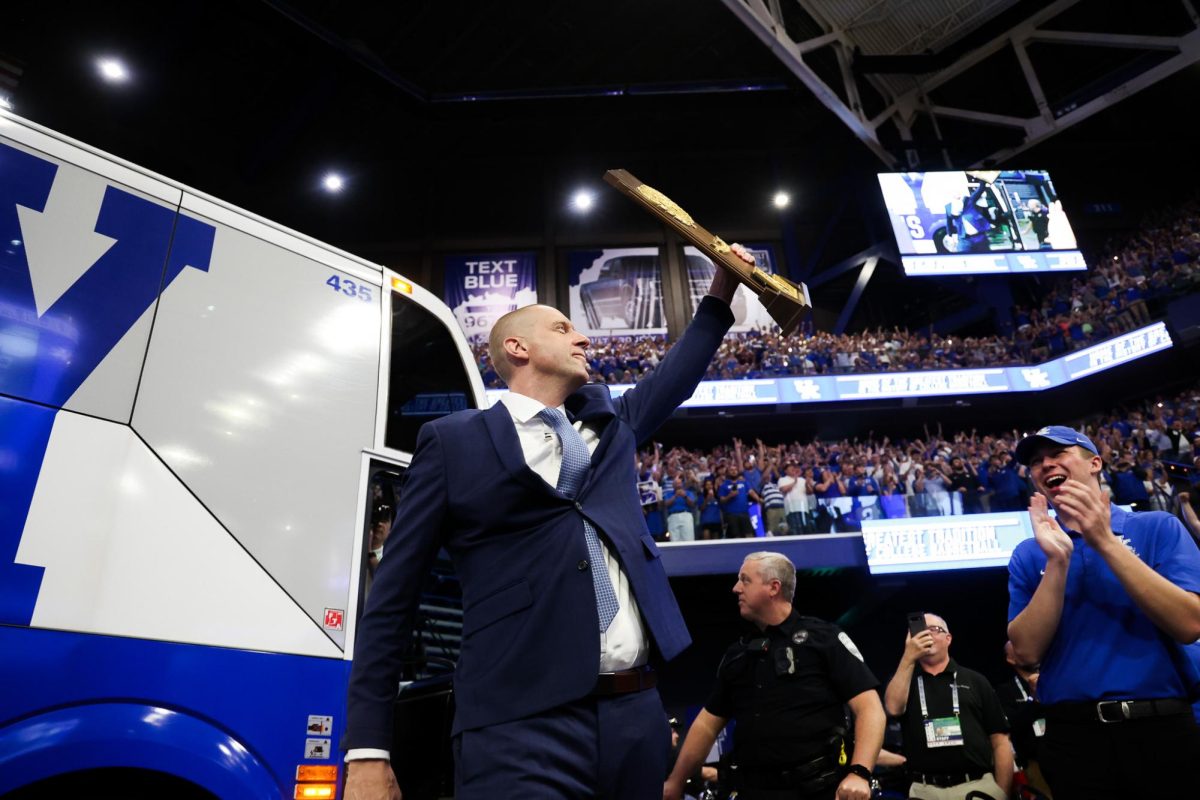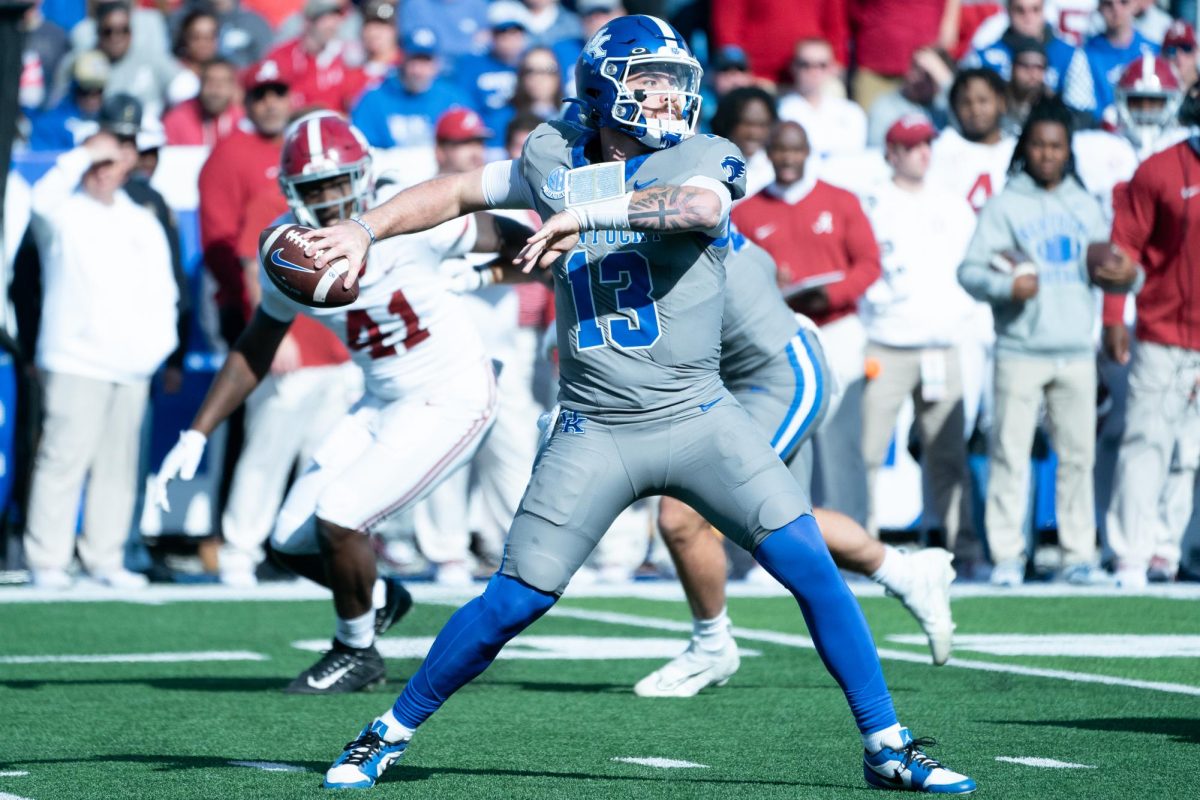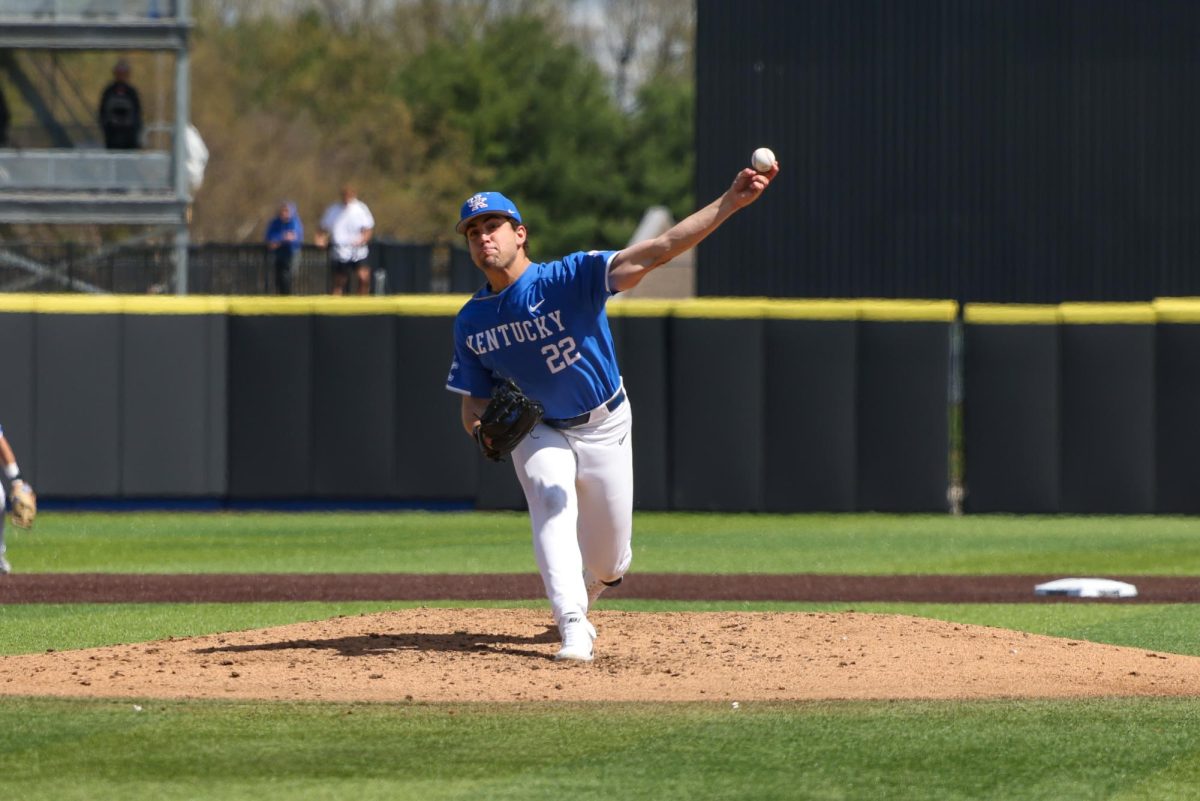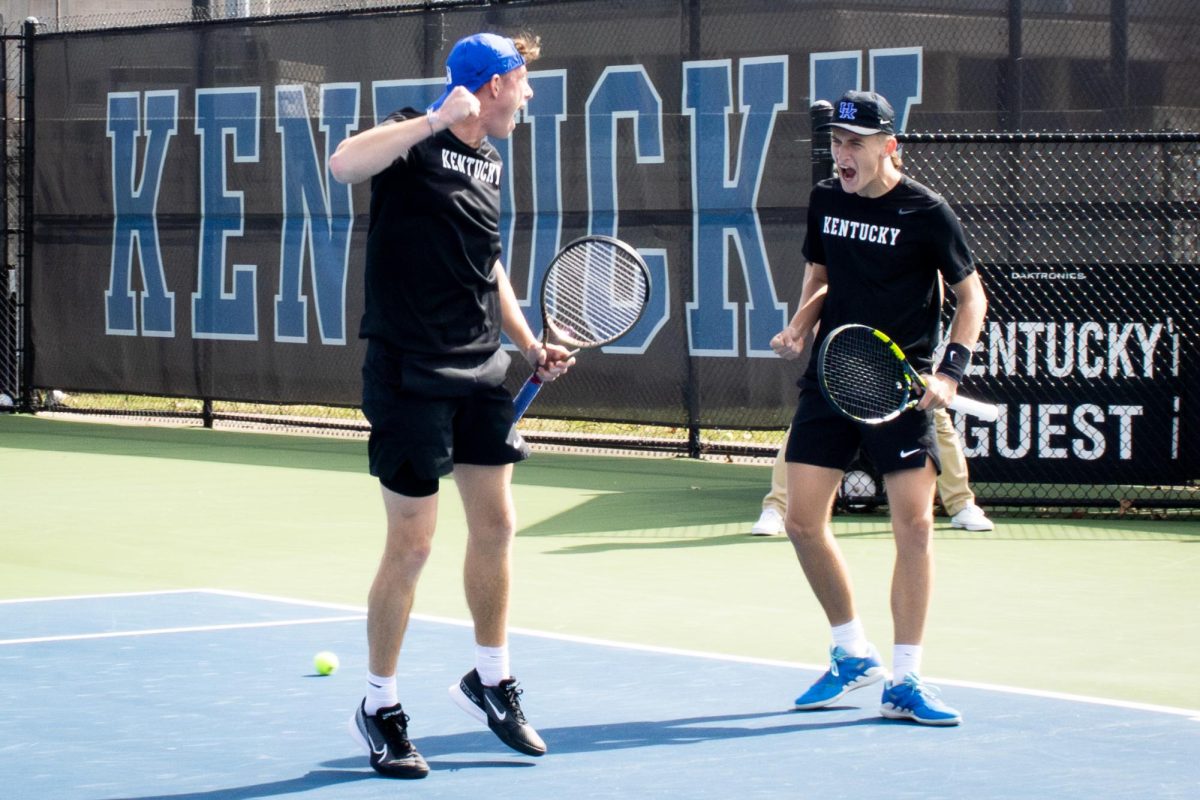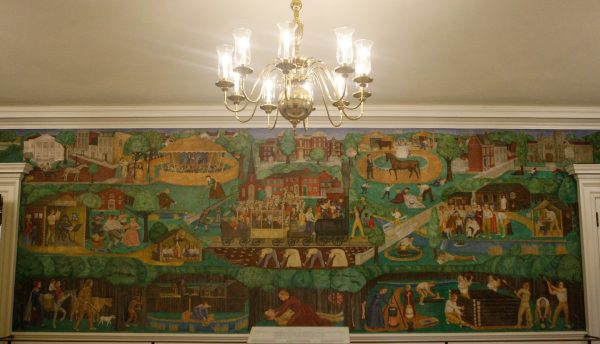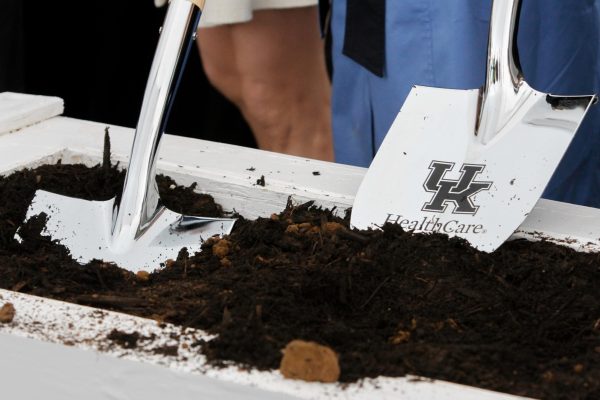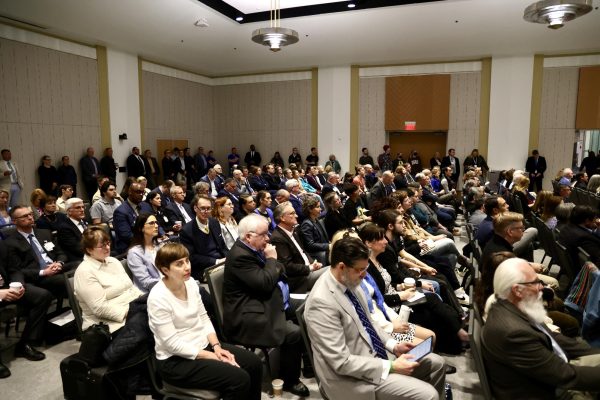Environmental advisory members named
March 18, 2008
After months of revamping a task force, UK President Lee Todd has appointed members of a new Sustainability Advisory Committee formed to lead the university in managing and conserving natural resources.
Prior to forming the permanent committee, the Environmental Task Force existed from December 2002 through 2004 and the Sustainability Task Force was active from January 2005 through spring 2007.
Challenges of containing urban sprawl and achieving urban energy-saving techniques in Lexington and Fayette County must start with knowledge, intelligence, research and training, said Ernie Yanarella, a faculty member of the committee from the political science department.
“Many other institutions of higher education have taken these challenges seriously,†said Yanarella, also a Board of Trustees member. “So must the University of Kentucky.â€
The committee has 12 members, each appointed for staggered two-year terms.
Members of the committee include two members from university business operations, two faculty members, two student members, one faculty member from the College of Agriculture, one administrative member from Student Affairs, one member representing the university research mission, one member from the Lexington community and two at-large members.
The sustainability coordinator remains unnamed, despite hopes that the permanent position would be filled by fall 2007, according to a Feb. 5, 2007 Kernel article.
Aaema Athar, a biology freshman, is one of two student members named to the committee after she was nominated by Student Government and submitted a statement about her interest in sustainability issues.
Having this type of committee at UK is essential to develop energy-saving techniques and communicate them to the student body and the community, Athar said.
“Such positive actions will enable a more energy efficient and green-friendly future for our university,†she said.
One of the committee’s goals is to incorporate environmental standards into future construction on campus, Yanarella said.
The committee will also compare UK’s policies to national benchmark institutions, conduct education and training workshops, and appoint task forces to carry out the agenda, Yanarella said. University teaching and training will be key assets for promoting sustainability throughout Kentucky as part of the committee’s outreach mission, he said.
UK’s current education efforts include sustainability courses and the sustainability living-learning community located in Holmes Hall. Those programs were supported by a $111,000 grant awarded to UK in April from the Kentucky Department of Education for environmental and sustainability education in the university’s undergraduate curriculum.
Co-chair Carol Hanley said the committee’s goals show that UK shares the priorities of the city and relates to Lexington Mayor Jim Newberry’s naming the environment as one of his six important pillars.
Hanley, who also holds leadership positions at the UK Tracy Farmer Center for the Environment and the Bluegrass Partnership for a Green Community said the committee is aligned closely with the city’s goals.
“This is important because UK can be the model for our community and we can demonstrate how sustainability can be achieved,†Hanley said.
The committee members will serve on one or more of three subcommittees — business, academics and outreach committees. Each subcommittee will report on a monthly basis to the full committee, which will provide oversight and guidance to these subcommittees, Yanarella said.
According to the Sustainable Endowments Institute’s College Sustainability Report Card, UK’s grade has increased from a “C-†to a “C†between January and October of 2007.
The committee will report to Todd and will publish its own annual report each April about university sustainability activities and progress. The annual report will also describe the goals the committee hopes to accomplish in the following year.
The next meeting of the Sustainability Advisory Committee is April 3 and will concentrate on setting goals for the committee, Hanley said. The committee’s monthly meetings will be open to anyone in the university community.


